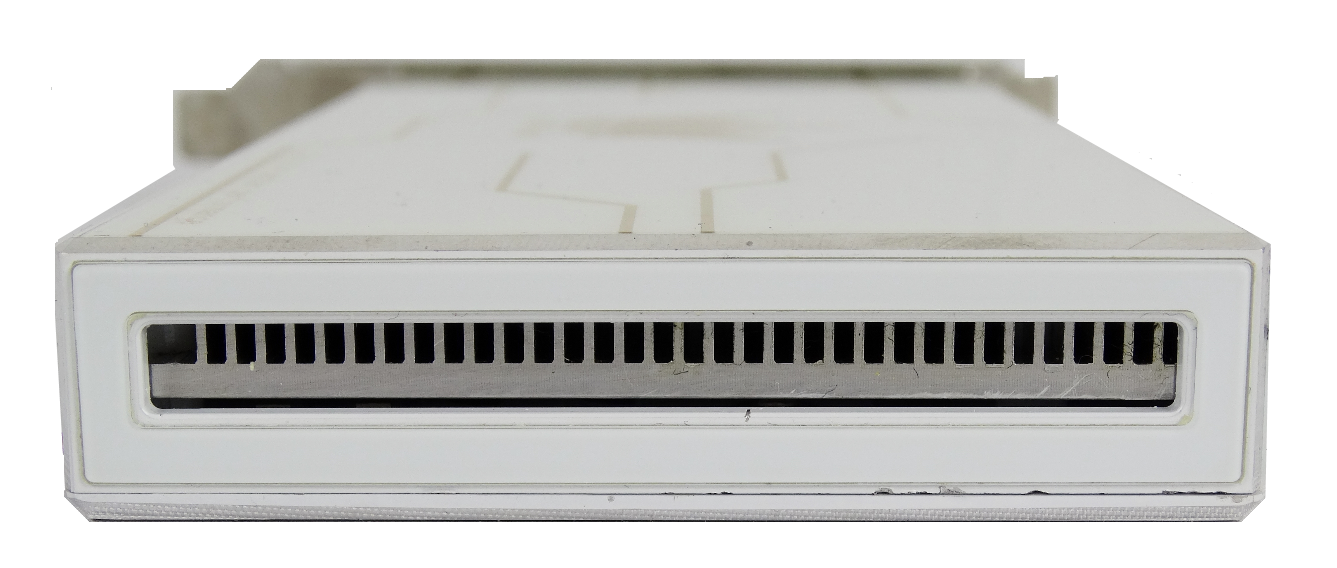Galax HOF PCI-E 1TB SSD Review
Why you can trust Tom's Hardware
Final Analysis
The Galax HOF PCI-E isn't the first consumer SSD that we've recommended you use in a case with positive air pressure. The Intel SSD 750 Series also uses a passive heat sink, but it doesn't have the same tunnel design. Galax is primarily a video card company with extensive experience in cooling design, so we're not sure why the company chose to encapsulate the heat sink and restrict air flow. The HOF PCI-E designer likely chose form over function and ended up compromising performance for aesthetics.
Without a doubt, this is one of the best looking SSDs to come to market, and it packs useful features that we rarely see on the consumer side. Phison built several data protection features into the PS5007-E7 controller, but this is the first Phison-based SSD with capacitors that ensure data integrity in the event of a host power failure. It's a feature we would like to see more often in consumer SSDs, especially those designed for desktop use. In my opinion, desktops are the most vulnerable to power failure. Notebooks have built-in batteries, and data centers have a layer of protection in place. The add-in card form factor gives companies ample room for power protection components, and even the M.2 22110 form factor has enough real estate.
Performance is the elephant in the room. In most tests, the drive delivered better four-corner performance than advertised. The problem we found occurs during extended workloads. These heavy workloads trigger the thermal throttle algorithms that protect the controller from overheating. Most users will not run into a problem during normal use, but when you need an expensive NVMe SSD to perform abnormal tasks, like backing up a large Steam library, you will encounter degraded performance. At this price point, you should not run into issues that compromise performance.
Galax could fix the HOF PCI-E with either a redesigned top cover or a larger opening on the back to promote airflow. Given that most computer cases have provisions for radiators and make heavy use of perforated materials, it's difficult to find a good case that provides enough positive pressure to push air through the restrictive opening. That's not to say they do not exist, they are just rare, and most are not what you put a $1,000 SSD in.
We're still not solid on the pricing. We found a sole source for pricing from China, and after currency conversion, the HOF PCI-E would cost a hair over $1,000 USD. That's firmly in Intel SSD 750 1.2TB territory. Given that only one store listed the HOF PCI-E's price, we could simply have a single seller taking advantage of limited availability.
Galax has only a small presence in the US, so we will likely need to wait for other companies to bring an E7-powered 1TB drive to market.
MORE: Best SSDs
Get Tom's Hardware's best news and in-depth reviews, straight to your inbox.
MORE: How We Test HDDs And SSDs
MORE: All SSD Content

Chris Ramseyer was a senior contributing editor for Tom's Hardware. He tested and reviewed consumer storage.
-
nzalog "The HOF PCI-E designer likely chose form over function and ended up compromising performance for aesthetics."Reply
With the RGB trend this seems to be on par. -
bp_968 Its sad and disappointing that more manufacturers are not building their SSDs with power failure protection built in. We are talking a tiny, cheap, super capacitor added to the the device to protect against complete and total data loss. Lame that its not already standard on all SSDs.Reply -
cryoburner Reply
I was going to suggest they add RGB lighting to the heat-retaining shroud for next year's model, to help justify the $1 per GB price. : D19629708 said:With the RGB trend this seems to be on par.
Really though, I can't think of too many products where the addition of LEDs negatively impacted the product's performance. Well, maybe those $60 RGB mouse pads that feature a cord and a big block of plastic in the center to get tangled with your mouse cord...
http://www.corsair.com/en-us/mm800-polaris-rgb-gaming-mouse-pad
https://www.razerzone.com/gaming-mouse-mats/razer-firefly
Maybe their control boards require more space than the thickness of the pad allows, but did they really have to put the block of plastic in the center? Even in their promotional images they show the cord running into it. Logically, having it come off a corner would have made more sense from a usability standpoint. Or at least make the ridge extend the entire length of the pad, so there's nothing to get caught on.
In the case of this product though, you're not even going to see that shroud once installed, or at least not the side that's impeding performance by covering the fins of the heat sink, since it will be facing the bottom of your case. The only way covering that side might make sense would be if the card were forcing air through it with a fan.
